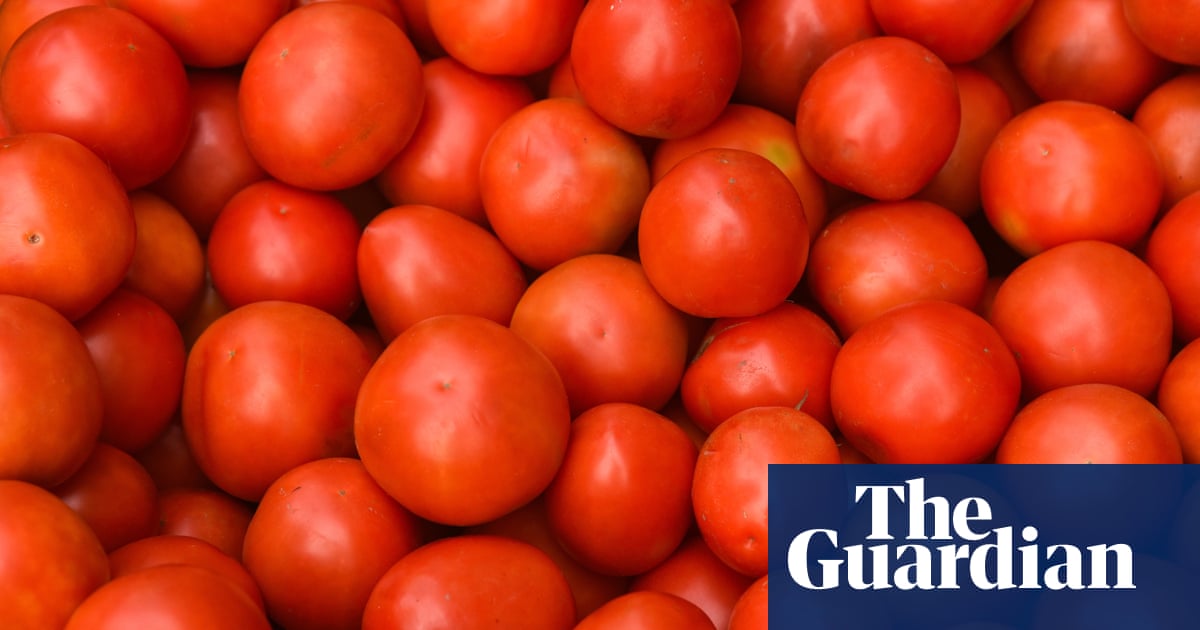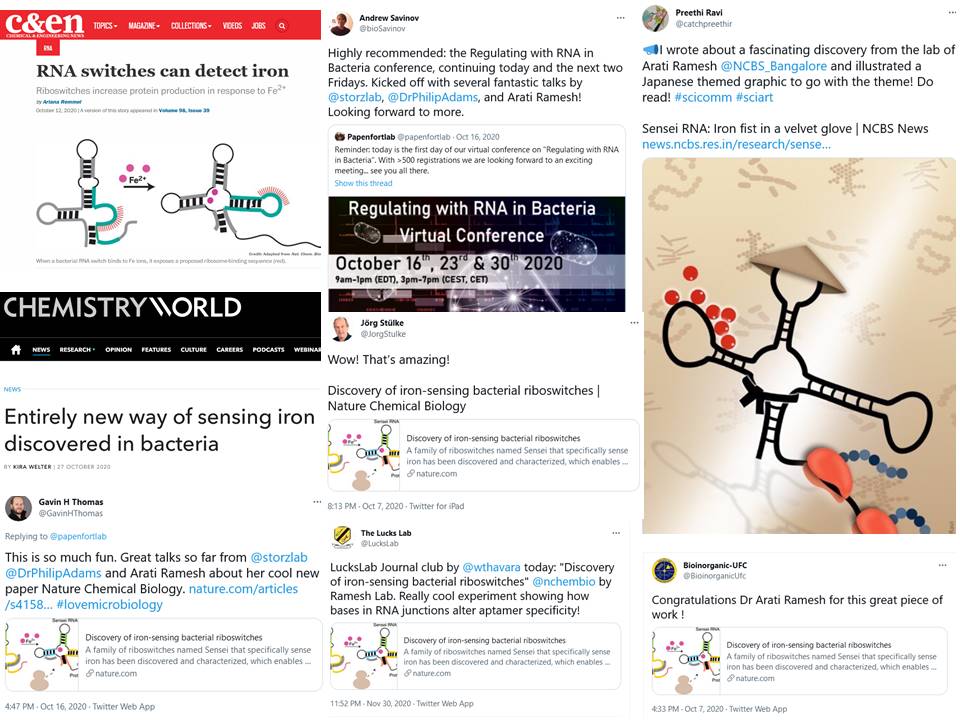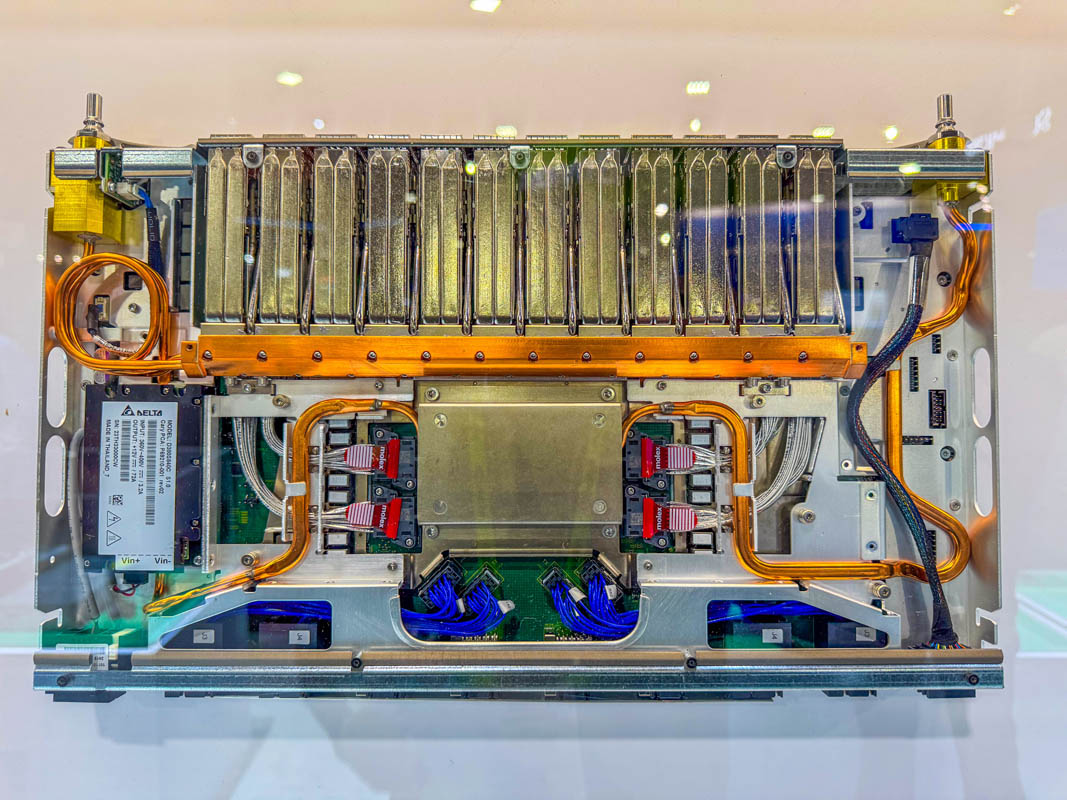
Scientists identify tomato genes to tweak for sweeter fruit
It is a common complaint in the produce aisle: tomatoes today might be big, but they are tasteless. Now researchers say they can remedy the problem by tweaking genes that affect sugar levels in the fruit.
While their wild relatives produce small, sweet fruit, domesticated tomatoes grown industrially have been bred for high yields, resulting in varieties that are 10-100 times bigger.
Now scientists in China say they have identified two genes that put a brake on sugar production in tomatoes during ripening, and created gene-edited versions of domesticated varieties to result in fruit that is large but also sweet.
Prof Sanwen Huang, the director general of the agricultural genomics institute at the Chinese Academy of Agricultural Science, Shenzhen, said it was necessary to balance the needs of consumers with those of producers and farmers.
“As farmers want larger tomatoes and higher yield, the consumers want sweeter tomatoes,” he said. “Our discovery of the sugar brake genes leads to [breeding of a] sweeter tomato without sacrificing fruit size and yield, breaking the negative relationship between yield and quality.”























